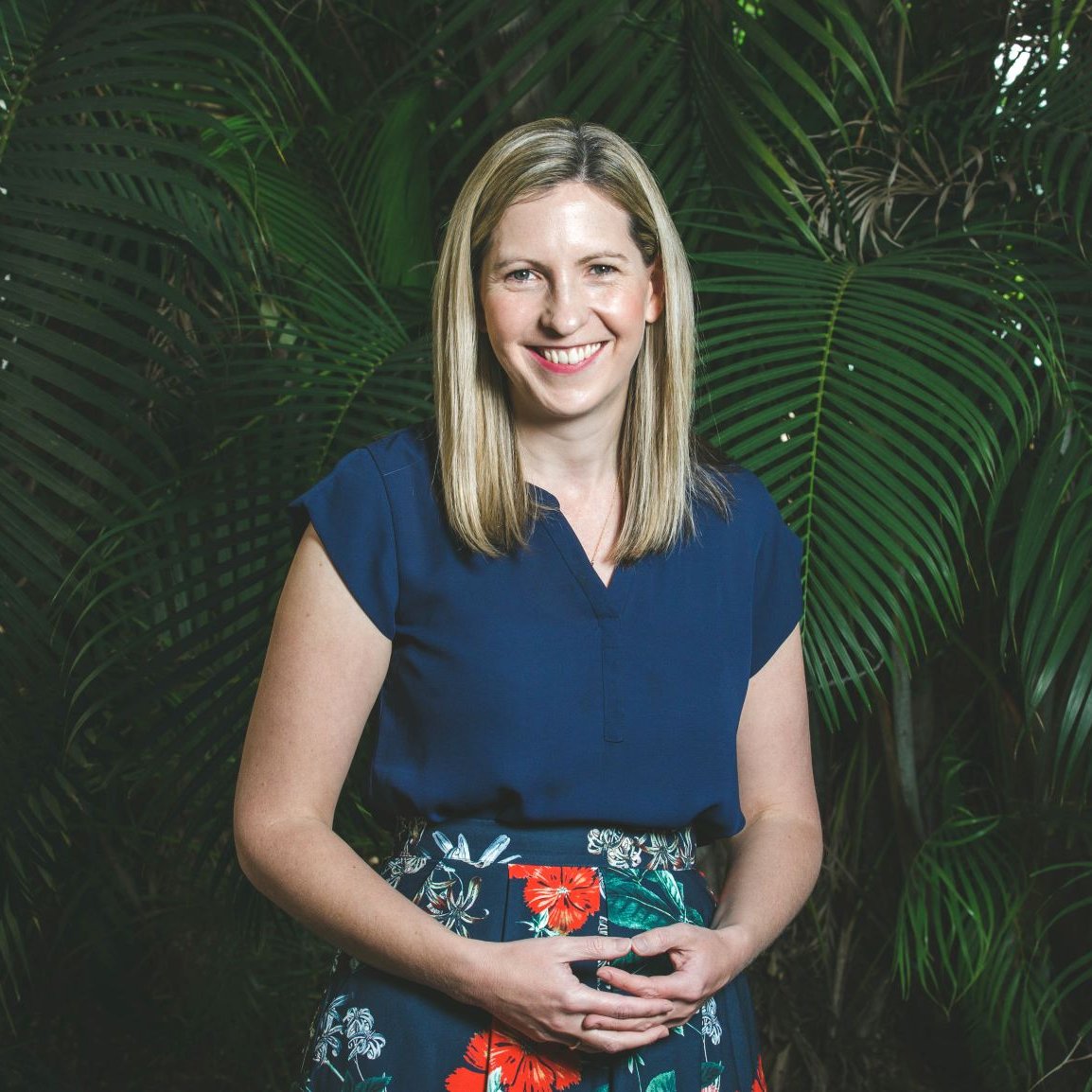
Stuart Ekberg
@StuartEkberg
Followers
595
Following
655
Media
37
Statuses
318
Conversation analyst, studying social interaction in everyday, clinical, and educational settings.
Brisbane, Queensland
Joined February 2012
New paper led by Dr @andi_seyi - using “Conversation Analysis” to look at nurse-patient consultations for managing #cancer related #fatigue - experienced by millions of individuals worldwide! https://t.co/cQyC5Aapdx
@Flinders @CancerCareMASCC @DrNicolasHart @StuartEkberg
1
13
29
Thrilled to announce we have been awarded $3M for a new @nhmrc #CRE in Paediatric Palliative Care 🙌 Our CRE will leverage national + international expertise in #PedPC to help improve care of children and young ppl with life-limiting illnesses. 🧵1/3 https://t.co/zyHE12zUqT
qut.edu.au
A QUT-led project to establish the Centre of Research Excellence for Paediatric Palliative Care in Australia has been funded with a $3M grant from the Australian National Health and Medical Research...
4
1
9
I'm grateful for @arc_gov_au funding to better understand ways people confronted with serious illness can hope for the best and plan for the worst.
6
2
34
Almost the whole post @icca2023 Morality of Emotion team in @SusanDanby’s wonderful Center for the Digital Child @digitalchildau @RucalTeam @DARG_sessions @Lotte_v_b @RobertPrettner @AijaLogren
1
7
57
Presenting some initial findings from the COMPAIR project led by Minna Laakso with @ScottBarnesMQ and on behalf of the rest of the large international team on this project! #icca2023 @BCAphasia @steven_bloch
0
3
26
If you’re not yet an ISCA member, it’s easy (and affordable) to join:
0
0
6
On reflection, the complexity of the work traversed in the panel was perhaps best manifested in the Pääkallo @PaananenJenny shared. The salty anise was unfamiliar and confronting to me but clearly wasn't to others. Might the same also be true of death talk?
0
0
10
In closing, I tried to summarise the considerable ground we traversed, and outlined ways we might collectively advance our work in this area. Please DM me if you are keen to join this effort!
3
2
6
@elliotthoey (poorly photographed by me) looks at how physiotherapists and occupational therapists make recommendations to advance activities for daily living for people with life-limiting conditions and how this is resisted through procedural detailing.
1
0
3
@Holly_Sansone_ provides evidence that newly-referred patients to palliative care display understandings of such care as being provided only immediately before the end of life, and that clinicians work to circumvent this possible understanding.
2
0
3
Rachel Cooke shows how parents of children with life-limiting conditions use absent third parties' experiences of loss to talk about their own future loss. Intrigued by Rachel's analysis, the audience returns to the classic CA question: "Why that now?"
2
0
1
Daniella Rafaely (poorly photographed by me!) gave a welcome reminder that death talk is relevant beyond medical settings, highlighting the delicate moral balance in talking about the accidental death of a child: a negligent parent can be the object of both judgement and pity.
1
0
1
Starting the second day of the panel, Janet Watts notes that questions make answers relevant, then wonders what happens when non-verbal children in paediatric palliative care are asked such questions. There's discussion after about if it's instrumental or relational.
2
0
2
At this point, we had filled up the day and it was time for the conference cocktail party. But there was more to come the next day...
1
0
1
@joycelamerichs delves into prognostic 'grey areas', where parents of seriously ill children can ask challenging questions.
1
0
1
Kristen Pecanac presents detailed analysis of actual clinical encounters that poses a challenge to received wisdom about "I worry" statements in serious illness conversations.
2
0
0
Ni Eng Lim and Gregory Ang show how advance care planning facilitators use hypothetical stories to transform the 'checkbox' decisions needed for Singaporean ACP documentation into highly contextualised discussions.
2
0
0
Anca Sterie examined CPR discussions during hospital admission. Patients can respond to CPR questions in two ways: 1) expressing a single set of conditions (typically aligning with the ostensibly preferred response to the clinician question); 2) reporting 2 opposing conditions.
2
0
1
@linguistlara (Lara Weinglass) follows on from KK Luke's talk to ask - in relation to paediatric palliative care - whether something is funny - or laughable - for everyone.
1
0
1
KK Luke considers instances where patients mention their own future death, and considers why this might be laughable.
2
0
1






